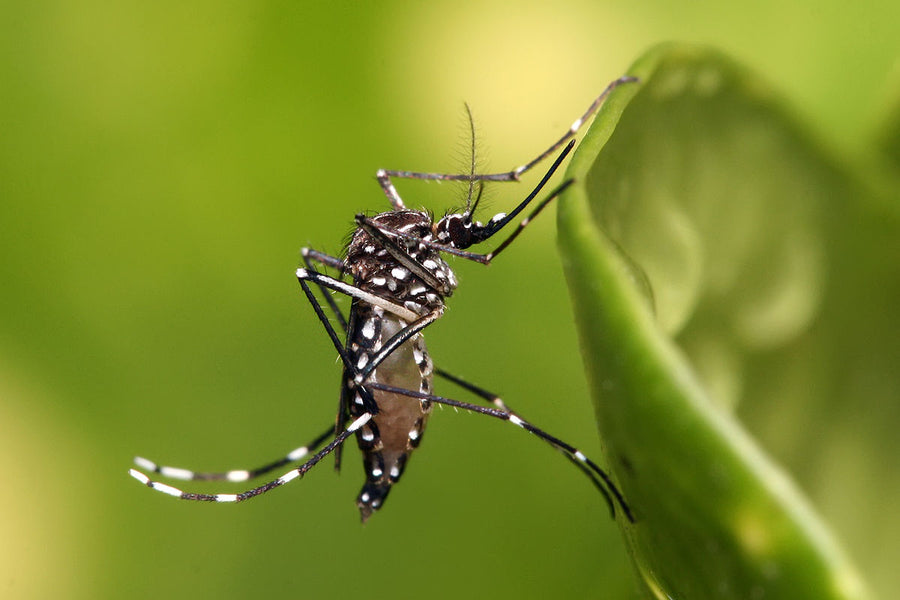
Since it’s now just about summertime and mosquito season is once again upon us …
When you think of mosquitoes, you probably think of itchy bites, annoying buzzing, and perhaps even diseases like malaria or Zika. It’s hard to imagine that these tiny, bloodsucking insects could have any positive impact on the world. However, as surprising as it might sound, mosquitoes play several crucial roles in our ecosystems.
The Circle of Life
First and foremost, mosquitoes are a vital part of the food web. Mosquito larvae thrive in water and serve as a primary food source for many aquatic animals, including fish and amphibians. Without mosquito larvae, many of these species would struggle to find enough to eat. This can cause a ripple effect, impacting the diet and survival of larger predators.
Similarly, adult mosquitoes are a food source for birds, bats, and other insects. Swallows, for example, often feast on swarms of mosquitoes in flight. Bats can eat thousands of mosquitoes in a single night! So, mosquitoes contribute significantly to the diets of many creatures, helping to maintain the balance in various ecosystems.
Pollinators in Disguise
While we typically associate pollination with bees and butterflies, mosquitoes are also surprisingly effective pollinators. Many mosquitoes feed on nectar from flowers, and in the process, they help pollinate plants. Some plants, like certain types of orchids, even rely on mosquitoes for pollination. This means that, despite their reputation, mosquitoes are key players in the reproduction of various plant species.
Medical Marvels
Believe it or not, mosquitoes have even played a role in scientific advancements. Studying mosquitoes has led to breakthroughs in understanding disease transmission, which in turn has helped us develop better strategies for preventing and controlling diseases like malaria, dengue, and West Nile virus. The ongoing research into mosquito behavior and genetics continues to offer insights that could lead to innovative medical treatments and disease prevention methods.
Ecological Indicators
Mosquitoes can also serve as indicators of ecological health. The presence or absence of certain mosquito species can reveal a lot about the state of an environment. For instance, a sudden increase in mosquito populations can indicate changes in water quality or the health of an ecosystem. This can help scientists monitor environmental conditions and address potential issues before they become critical.
A Delicate Balance
It’s important to note that while mosquitoes have their place in nature, the diseases they spread are a significant concern. This is why efforts to control mosquito populations in urban areas are crucial for public health. However, in the grand scheme of things, mosquitoes contribute to biodiversity and ecological balance in ways that are often overlooked.
So, next time you swat away a pesky mosquito, take a moment to appreciate the complex role it plays in our world. From being a vital food source for many animals to assisting in plant pollination and contributing to scientific research, mosquitoes are more than just a nuisance. They are a small but essential part of our planet’s intricate web of life. While we continue to seek ways to mitigate their negative impacts on human health, it’s worth remembering the unexpected importance of mosquitoes in maintaining the balance of nature.
